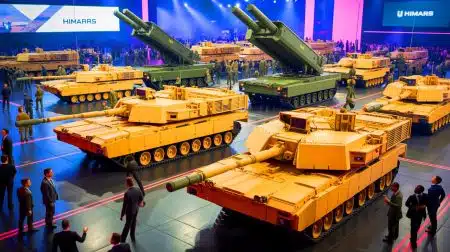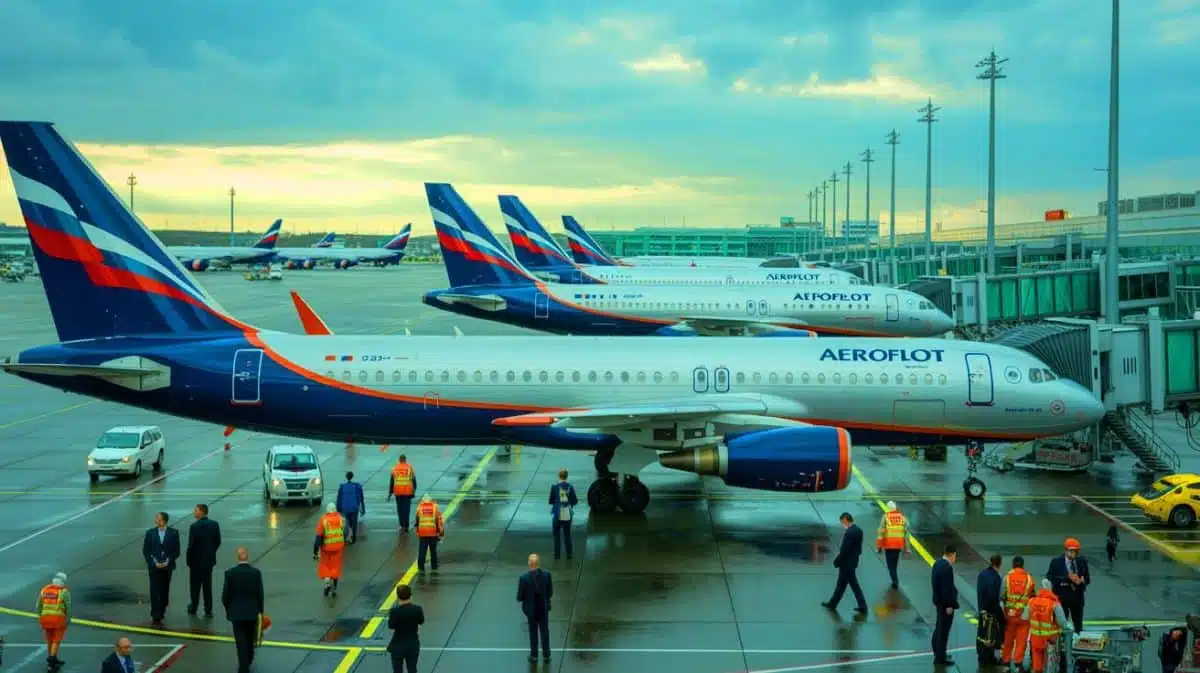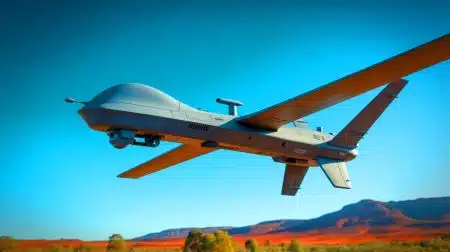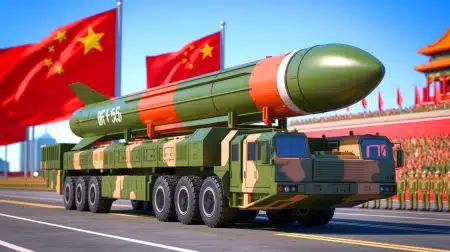| IN A NUTSHELL |
|
A recent cyberattack on Aeroflot, Russia’s largest airline, has brought to light the vulnerabilities of critical infrastructure in the digital age. The incident resulted in the grounding of over 40 flights, affecting both domestic and international routes. This attack, claimed by two cybercriminal groups, Silent Crow and Cyberpartisans, highlights the growing intersection of geopolitical tensions and cybersecurity threats. With Silent Crow based in Ukraine and Cyberpartisans in Belarus, the attack underscores the complexities of digital warfare in the context of the ongoing conflict between Russia and Ukraine. The repercussions of this cyberattack extend beyond immediate travel disruptions, raising significant concerns about the security of national infrastructure.
The Impact of the Aeroflot Cyberattack
Aeroflot’s confirmation of the cyberattack marks a significant disruption in the airline’s operations. The grounding of over 40 flights, primarily domestic with some routes to Belarus and Armenia, showcases the tangible impact of cyber threats on everyday life. The attack not only inconvenienced thousands of passengers but also served as a stark reminder of the vulnerabilities inherent in modern digital systems. Silent Crow, the Ukrainian group, described their operation as “prolonged and large-scale,” claiming it “completely destroyed” the airline’s IT systems. This statement highlights the sophistication and determination of the attackers.
The repercussions of such disruptions extend far beyond the immediate inconvenience. For Aeroflot, the attack represents a direct challenge to its operational integrity and reputation. For passengers, it signifies potential risks to their personal information and travel plans. Moreover, this incident raises broader concerns about the security of critical infrastructure in an increasingly connected world, where cyber threats can have physical consequences, affecting not just companies but entire nations.
The Cyber Warfare Landscape
The Aeroflot incident is part of a broader trend of cyber warfare that has intensified since the onset of the Russia-Ukraine conflict in 2022. Cybercriminals, hacktivists, and state-sponsored groups have been actively engaging in digital skirmishes, targeting critical infrastructure, spying on governmental and military organizations, and stealing sensitive data. This cyber battlefield is characterized by a complex web of alliances and hostilities, where allegiances can shift rapidly.
In the context of this digital conflict, the attack on Aeroflot is emblematic of the blurred lines between criminal activity and political warfare. Cyberpartisans, the Belarusian group involved, explicitly stated their intent to support Ukraine by targeting Russian entities. Such actions illustrate how traditional geopolitical conflicts are increasingly being fought on digital fronts, with cyberattacks becoming a tool for political expression and influence.
Responses and Implications
The response to the Aeroflot cyberattack has been multifaceted. The Kremlin and Aeroflot have both acknowledged the incident, reflecting the seriousness of the breach. Russian MP Anton Gorelkin noted that “the war against our country is being waged on all fronts, including the digital one.” This acknowledgment from a government official underscores the strategic importance of cybersecurity in national defense.
The incident also raises significant questions about the preparedness of nations to defend against cyberattacks. For countries like Russia, which are frequent targets of cyber aggression, strengthening cybersecurity measures becomes imperative. This includes not only protecting critical infrastructure but also addressing potential vulnerabilities in public and private sectors. As the nature of warfare evolves, so too must the strategies for defense, encompassing both physical and digital realms.
Looking Forward in Cybersecurity
As the digital landscape continues to evolve, the Aeroflot cyberattack serves as a cautionary tale for nations worldwide. The incident highlights the urgent need for robust cybersecurity frameworks that can withstand sophisticated attacks. It also emphasizes the importance of international cooperation in combating cyber threats, as these challenges transcend national borders and require a coordinated global response.
Moving forward, it is crucial for governments, businesses, and individuals to prioritize cybersecurity. This includes investing in advanced technologies, fostering information sharing among international allies, and creating comprehensive policies that address the complexities of the cyber threat landscape. As cyberattacks become more prevalent and sophisticated, how will nations adapt to safeguard their critical infrastructures and ensure the security of their citizens in an interconnected world?
Did you like it? 4.5/5 (23)







Wow, this is a huge mess! Are there any updates on when flights will resume? ✈️
Sounds like Aeroflot needs a serious IT overhaul! 😬
How can such a big company be so vulnerable to cyberattacks? 🤔
Thank you for shedding light on this issue. Cybersecurity is no joke.
Is it true that Silent Crow has ties to other international hacking groups?
What measures is Aeroflot taking to prevent future attacks?
This sounds like a plot from a spy movie! 🎬
I hope passengers get compensated for the inconvenience.
Why target Aeroflot specifically? Is there a political motive?
Great article! It’s scary to think how vulnerable infrastructure can be.
Has Aeroflot made an official statement aside from confirming the attack?